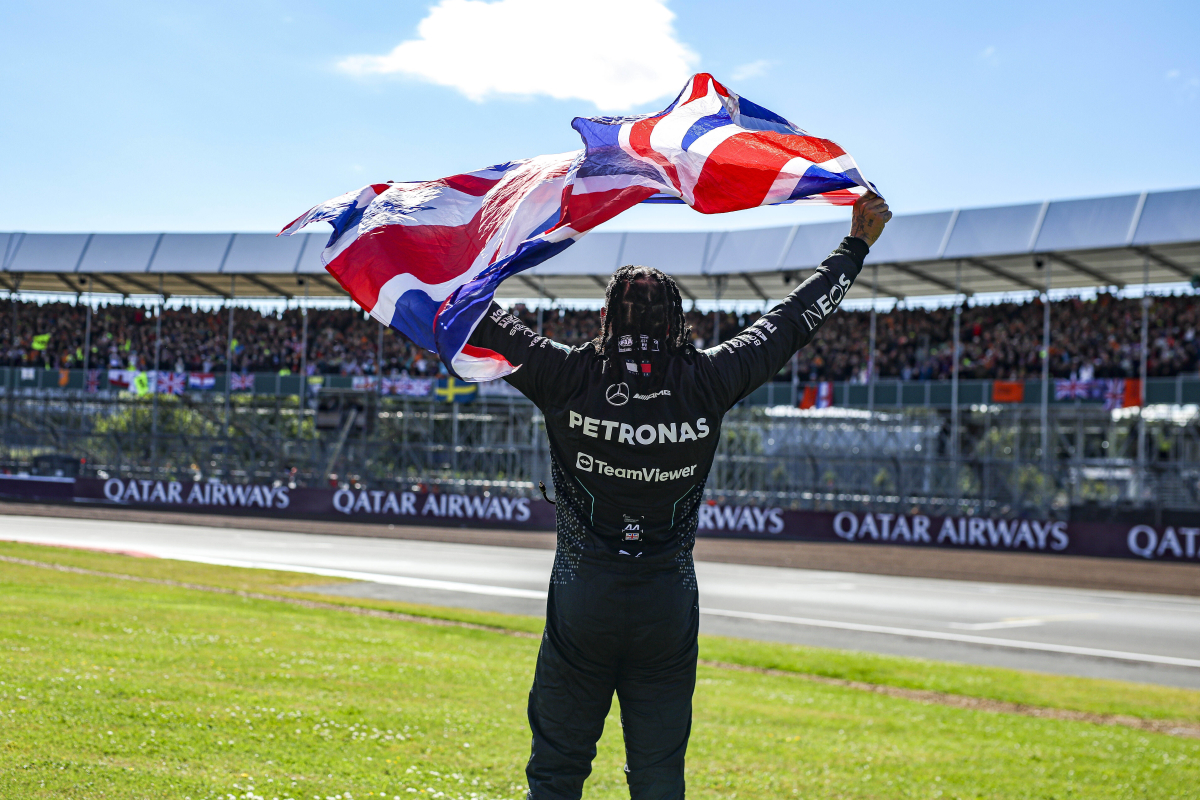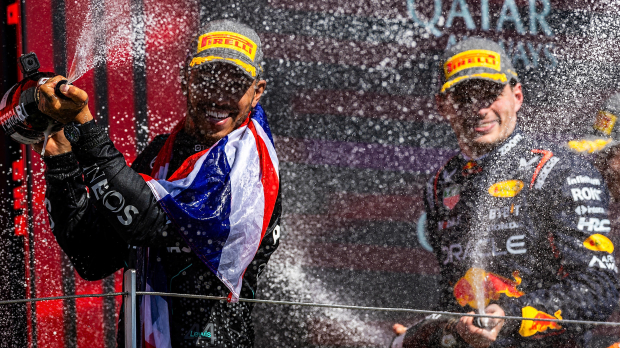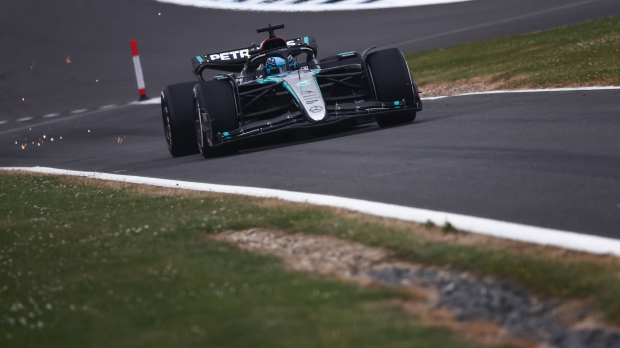
Latest News

Cadillac
Cadillac F1 rivalry gets spicy as Sergio Perez defeats Valtteri Bottas
- Yesterday 22:44

McLaren
Oscar Piastri absent from McLaren's 'victory lap' tour
- Yesterday 21:51

McLaren
New McLaren signing reveals moment with Zak Brown that changed everything
- Yesterday 20:51

Lewis Hamilton
'Year of the Snake': Lewis Hamilton hints at Ferrari issues
- Yesterday 19:52

Latest F1 News
George Russell brands F1 rivals 'selfish'
- Yesterday 18:53

Christian Horner
Christian Horner F1 return 'delayed'
- Yesterday 17:43
Most read

75.000+ views
Christian Horner 'offering' £665million for F1 team takeover
- 30 december

10.000+ views
F1 News Today: Lewis Hamilton replacement 'chosen' as Ferrari boss hints at reshuffle
- 21 december

7.500+ views
Ferrari announce F1 driver exit
- 2 january

7.500+ views
Lewis Hamilton Ferrari F1 replacement 'identified'
- 21 december

7.500+ views
F1 News Today: Christian Horner contact revealed as team ‘swoop' for axed star
- 6 january

5.000+ views
The Ferrari dinner that may have just ended Lewis Hamilton's F1 career
- 30 december





























 Grand Prix of Australia 2025
Grand Prix of Australia 2025  Grand Prix of China 2025
Grand Prix of China 2025  Grand Prix of Japan 2025
Grand Prix of Japan 2025  Grand Prix of Bahrain 2025
Grand Prix of Bahrain 2025  Saudi Arabian Grand Prix 2025
Saudi Arabian Grand Prix 2025  Grand Prix De Monaco 2025
Grand Prix De Monaco 2025  Gran Premio de Barcelona-Catalunya 2025
Gran Premio de Barcelona-Catalunya 2025  Grand Prix du Canada 2025
Grand Prix du Canada 2025  Grand Prix of Austria 2025
Grand Prix of Austria 2025  Grand Prix of Belgium 2025
Grand Prix of Belgium 2025  Grand Prix of Hungary 2025
Grand Prix of Hungary 2025  Grand Prix of Azerbaijan 2025
Grand Prix of Azerbaijan 2025  Grand Prix of Singapore 2025
Grand Prix of Singapore 2025  Gran Premio de la Ciudad de Mexico 2025
Gran Premio de la Ciudad de Mexico 2025  Grande Prêmio de São Paulo 2025
Grande Prêmio de São Paulo 2025  Qatar Grand Prix 2025
Qatar Grand Prix 2025  Grand Prix of Abu Dhabi 2025
Grand Prix of Abu Dhabi 2025 